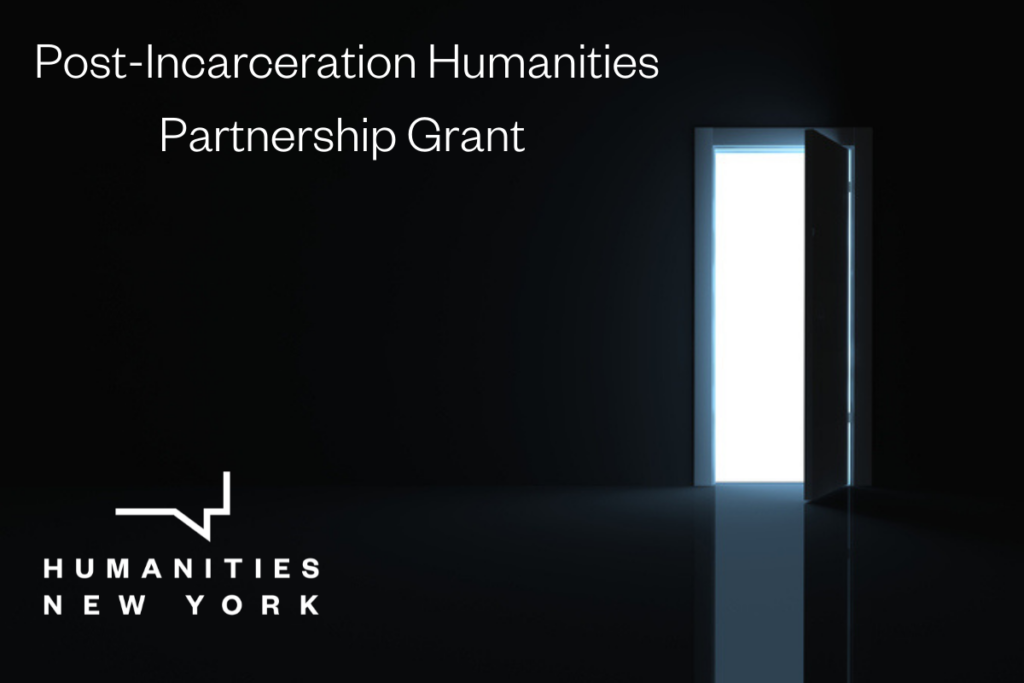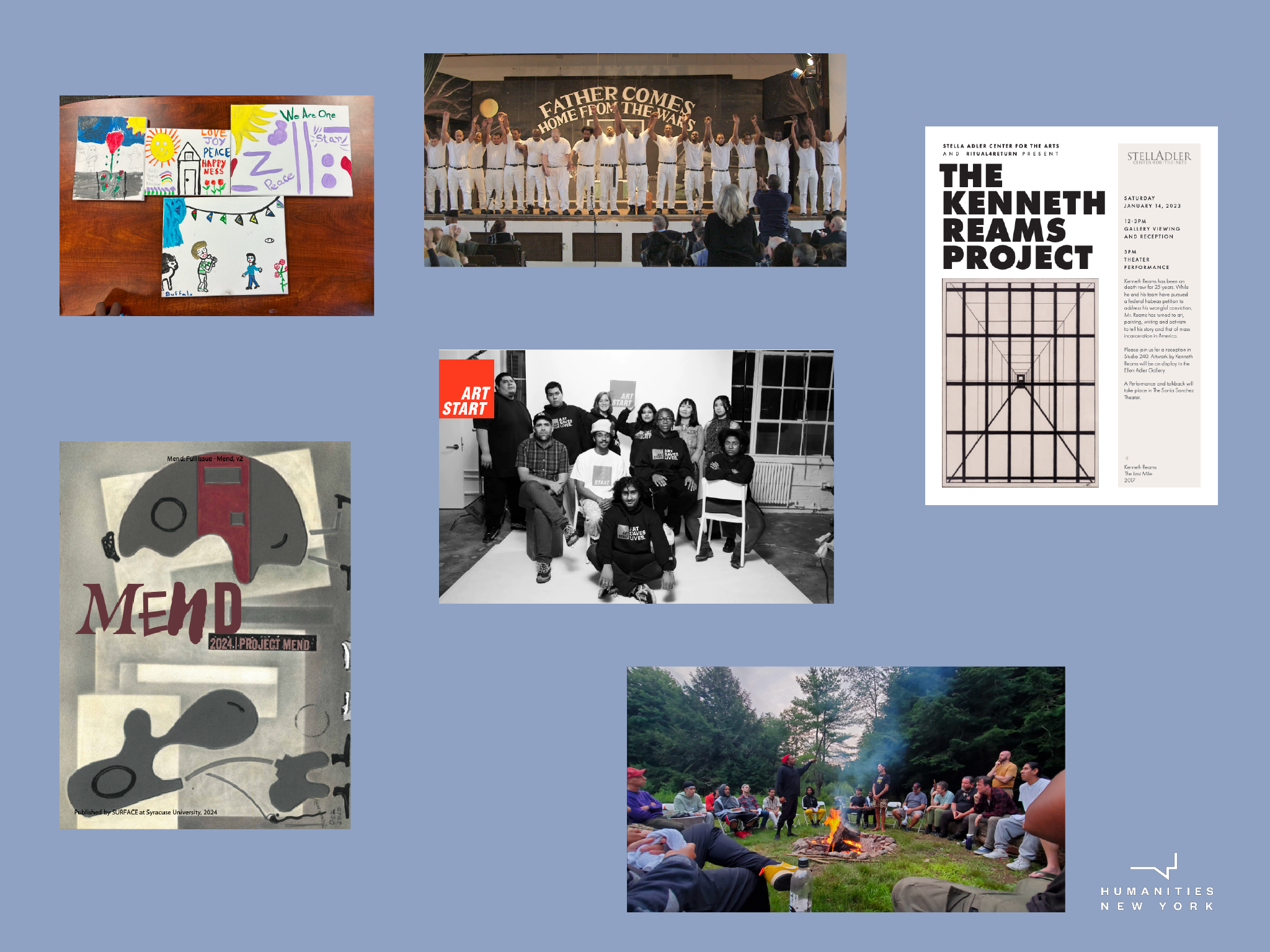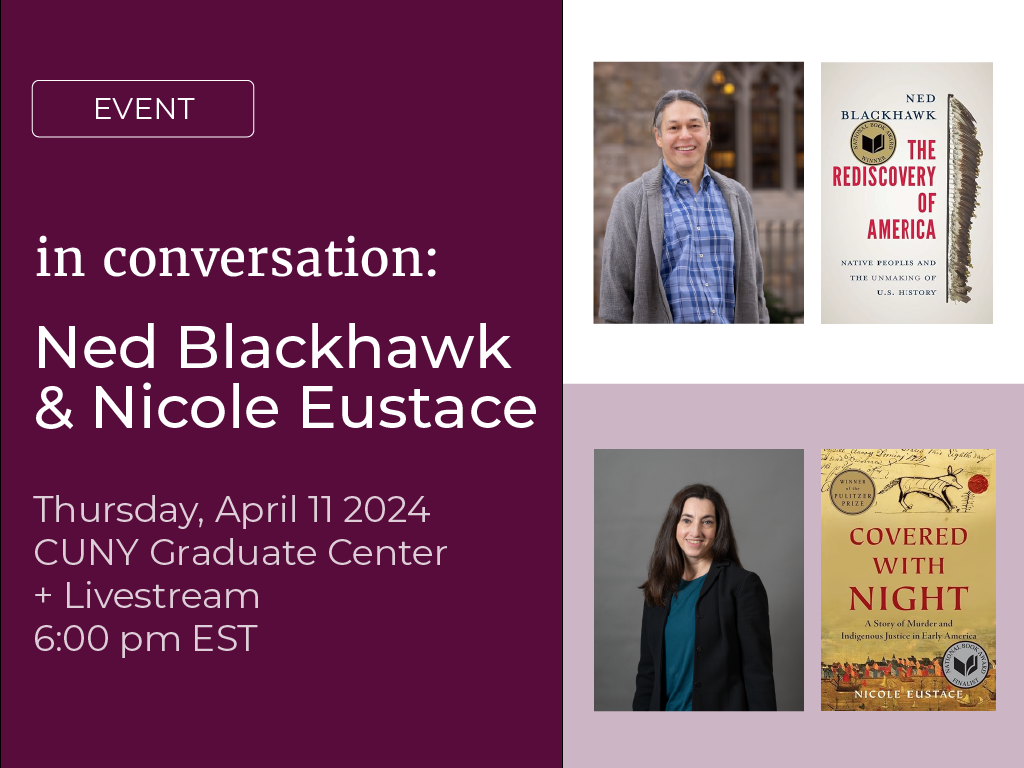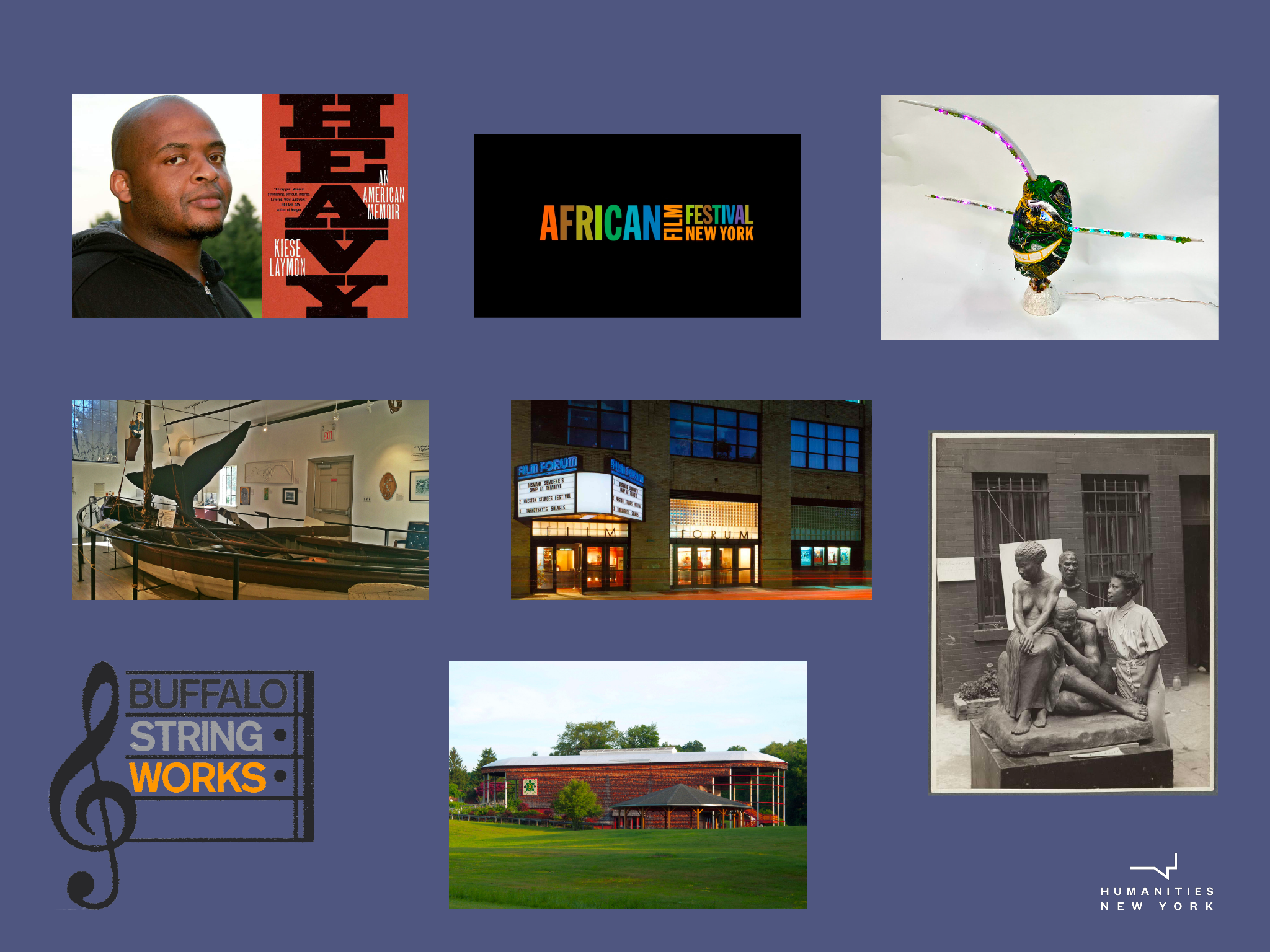Request for Proposals
Humanities New York, a public humanities organization with a 40-year history of creating, supporting, and sustaining civic dialogue and community engagement, is offering a partnership grant opportunity for New York State-based non-profit organizations that currently serve 1) individuals who are going through the process of societal reentry after a period of incarceration, or 2) the families of those individuals, or 3) both populations. HNY will also entertain applications from organizations that are working with issues of prison reform and/or abolition. Grant awards will range from $10,000—$20,000 for the implementation and/or the enhancement of an already established project. Any project funded under the Post-Incarceration Humanities Partnership Grant must entail the incorporation of humanities content and methodologies and will be in alignment with HNY’s values of justice, community, and dialogue. The size of the grant award will be based on the scope of the project. Competitive proposals will detail plans for the use of the funding, as well as explain how working with Humanities New York’s public humanities tools will benefit the applicant’s ongoing work. Substantive engagement with the humanities will be a necessary component of successful applications. Organizations that employ the formerly incarcerated are strongly encouraged to apply.
Rationale
Approximately 2.3 million Americans are currently incarcerated, which, according to the Center for Court Innovation’s Greg Berman and Julian Adler, is a 500 percent increase in the incarceration rate of 40 years ago. Research issued by Cornell and reported in December, 2018, by The Washington Post, indicates that such a percentage increase means that nearly 1 in 2 adults in the United States has experienced the incarceration of a family member. Today, about 6.5 million Americans have an immediate family member who is in prison. Though some feel New York State has in the past two decades gone against these trends, the Prison Policy Initiative states 92,000 New Yorkers are behind bars today — the impact of which ripples through the lives of their loved ones.
We draw attention to these numbers to show how, if we are to promote and sustain civil society and the great promise of American democracy, we need to be better equipped to assist the people — all of the people — who are negatively impacted by the American justice system.
Participation in a democracy requires robust civic trust, and while it may be hard to trust someone whose life and experience you do not know, this is where HNY believes the humanities can have a significant impact. The humanities can foster a sense of personal and community empowerment by creating spaces for trust and exchange. Dynamic education programs are being conducted within prison walls. Arguably, the most pressing need for programming is when incarcerated people are released and are striving to rebuild their relationships with society and with their families and friends. The social stigma of incarceration extends beyond time served, and goes beyond the imprisoned individual. Incarceration impacts the entirety of an incarcerated person’s life and deeply transforms the experiences of families and communities, both within families and communities and in their relationship to outsiders. James Baldwin once wrote: “No one, after all, can be liked whose human weight and complexity cannot be, or has not been, admitted to.” How can we find ways to convey the complexity of these individuals and their stories, along with those of their families, so that their sole attribute and defining life narrative is not their incarceration? Here is where Humanities New York believes the humanities can help.
HNY uses the tools of the humanities to foster engaged inquiry and dialogue around social and cultural concerns. The most basic of these tools should be ubiquitous but remain difficult to encourage: open, frank, and substantive dialogue about the hopes, anxieties, and obstacles that unite or divide us. Engaged inquiry supports the hallmark institutions of “informal democracy,” which we know to be key to American society. This type of conversation — structured and informed, yet supple and nimble enough to respond to the opinions and experiences of participants — is a strength of the public humanities, and wide participation across all members of society is urgent and necessary for society to thrive. We need to convert distrust into trust; otherwise, democracy will not flourish.
Program Description & Goals
The Post-Incarceration Humanities Partnership Grant is the first venture into what HNY conceives of as a multi-part, sustained engagement with issues of incarceration. Other components of this project will include a podcast and an expansion of HNY’s direct service programming that will address issues of incarceration and reentry in New York. All aspects of this initiative will strive to support storytelling about the incredible scope and dimension of carceral effects on individuals, families, and communities.
HNY’s work asks, “What does it mean to be human in the context in which society places us?” For this project we are seeking organizations who will find it useful to apply this form of humanities query — these questions and this kind of reflection — within the context of post-incarceration reentry. We hope to fund organizations that emphasize the human cost of time spent in the prison system and that are authentically aware that prison experiences can hobble, well beyond the time spent incarcerated, the natural human flourishing of the mind and spirit that should be accessible to all to enjoy. Beyond the funding of projects that meet the criteria of the grant guidelines, HNY will be a collaborative partner in the funded projects, sharing its staff expertise and program materials and design in order to work side by side with our grantee organizations. Applicants should examine HNY’s Community Conversations and Reading & Discussion programs as examples of the tools and the type of experience we bring to a collaboration.
At its heart, HNY’s work is about creating and holding space for dialogue and the discussion of experiences, both shared and alien, of the people who are participating in the group. HNY is distinguished by its adherence to a public humanities ethos: we use texts or images not as material to master in a class, but as prompts and grounding points for the exploration of the participants’ lives. It is this conjunction — facilitating a dialogue — that we see as our contribution, however informal, to the development and expansion of American democracy. HNY also believes these informal humanities-based dialogues are needed in the post-incarceration community. HNY knows stories are the best way to dismantle walls and destroy prejudices — stories told across a table or in a shared room that build community around the frustrations, beauty, and hopes that animate all of our lives.
Put succinctly: we seek proposals that explain how Humanities New York can assist, through our funding and our expertise in facilitating dialogue, in revealing and overcoming the obstacles those served by our applicants are confronting. HNY staff will be assigned to work alongside partner organizations, and will host convening for cross-fertilization and discussion among the grant cohort of 3 or 4 organizations.
What We Fund
Historically and generally, HNY supports projects that activate, frame, or deepen our understanding of what it means to be human. We encourage and support innovative approaches in the design and delivery of public-facing programming.
For this opportunity we encourage applications from organizations that serve individuals and families who are undergoing the process of reentry and reintegration into society following a period of incarceration. Successful projects will integrate HNY’s public humanities work — particularly, facilitated dialogue and conversation programming — into their final product. Receiving a Post-Incarceration Humanities Partnership Grant does not preclude organizations from applying for other HNY grants and programs opportunities.
Eligibility & Criteria
Any tax-exempt organization that is based in and serves New York State may apply. HNY does not fund individuals. Competitive applications for this opportunity will be submitted by organizations that have an established record of success serving populations dealing with issues of incarceration, post-incarceration reentry, or prison reform. This grant is intended for implementation or expansion work, not for planning. For this opportunity, we are particularly interested in receiving applications from mid-sized organizations (annual budgets between $250,000-$1m) that possess an established record of work and activities, and are seeking assistance in expanding their capacity to fulfill their mission and get to their next level. Successful projects will integrate public humanities approaches — particularly HNY’s facilitated dialogue and conversation programming — into their final products.
All applications must include at least one member with humanities expertise. This may be someone with an advanced degree in a humanities field, a local history expert, or a culture bearer. The application should demonstrate how their expertise will contribute to the project.
As stated above, HNY especially encourages applications from organizations that employ the formerly incarcerated.
This grant opportunity requires cost-sharing of at least 50% of the value of the award. The grant request may be matched by any combination of cash and in-kind contributions. Staff time, volunteer time, and donated venue space may count as sources of cost-share. Matching funds demonstrate commitment to a project and help HNY meet state and federal reporting requirements.
Each application must include a project budget completed on the HNY budget template (link available in the application). The budget should demonstrate how the grant request will be allocated, as well as any cash or in-kind cost share.
Use of Grant Funds
Applicants may request support for any necessary costs for the proposed scope of work, including participant honoraria, staff time, consultants, travel, marketing, evaluation, and photography/videography. Costs of travel on non-U.S. (international) air carriers and costs of alcohol may not be included in the request.
Fiscal Officer: If awarded, grantees must designate a Fiscal Officer who will manage the grant funds. This individual must be an employee or board member of the awarded organization and be familiar with accounting practices. The Fiscal Officer may not be the same person as the Project Director.
Submission Process
Requests for grant support will be considered following a two-stage application process. Prospective grantees should first share a brief (one page or less) project summary explaining the scope of their project and the ways that HNY financial and programmatic support will benefit the project. Applicants with a suitable summary will be invited to submit a formal application through HNY’s grants portal.
Timeline
Summaries must be submitted to Michael Washburn at [email protected] by 5pm on October 22, 2021. Complete applications must be submitted to HNY’s grants portal by 5pm on November 23, 2021. Awards will be announced by December 17, 2021. Project implementation should begin during the first quarter of 2022.
Contact Information
Please contact Michael Washburn, HNY Director of Programs, at
[email protected] with any questions or to discuss potential applications.
About Humanities New York
Humanities New York is a 501(c)3 nonprofit organization and the sole state affiliate of the National Endowment for the Humanities. For more than 40 years, Humanities New York has worked with community groups throughout the state, using the content and tools of the humanities to address issues of civic engagement and trust.
The humanities — literature, history, philosophy and the many forms of human expression — connect us to our individual experience and to our communities, providing personal enrichment and understanding. They can promote relevant, important, and timely conversations about the challenges we face as communities and in society. The humanities can engage people where they live and work, emphasizing conversation, facilitation, and collaborative learning.



